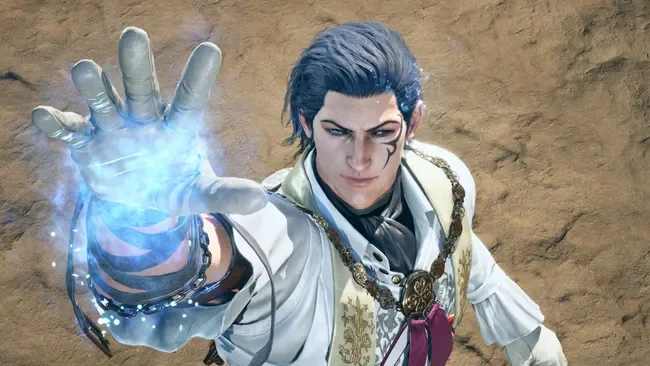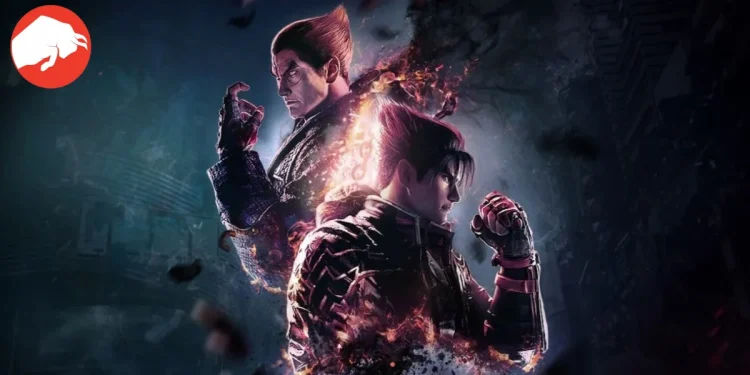Tekken 8’s director, Katsuhiro Harada, has responded to concerns over the game’s accessibility features after a viral tweet in December highlighted potential risks for players with photosensitivity. Harada’s proactive approach to addressing these concerns signals a significant step towards more inclusive gaming experiences.
Addressing the Photosensitivity Risk
The controversy began with a tweet demonstrating Tekken 8’s filter combinations, which unintentionally posed a risk to players with photosensitivity. The specific combination of black-and-white striped characters on a white background raised alarms for potentially causing life-threatening seizures. Accessibility experts, including Ian Hamilton and EA’s Morgan Baker, raised urgent concerns. “You urgently need to remove one of your filters (the striped one),” tweeted Hamilton, highlighting the severe implications.

Tekken’s Response to Accessibility Issues
Harada initially addressed these concerns, acknowledging that the color vision options in fighting games are still rare and under research. “Color vision options… are still being researched, and we intend to expand on them in the future,” Harada stated, emphasizing their commitment to developing these features. His response underscores a growing awareness and action towards making games safer and more accessible.
Upcoming Changes in Tekken 8
During the Tekken Talk Live at the Tekken World Tour 2023 Finals, Harada, through producer and translator Michael Murray, informed fans of the adjustments being made. “We’ve actually tweaked that quite a bit to try to address some of the issues,” Harada said, indicating that these changes will be implemented not only in the full game but also in the demo version. However, it remains unclear if these adjustments will be ready by the game’s launch on January 26.

The Bigger Picture: Accessibility in Gaming
This incident with Tekken 8 highlights the ongoing challenges and responsibilities developers face in navigating game accessibility. The industry has made strides in recent years, but Harada’s response to the Tekken 8 issue illustrates that there is still much work to be done. Ensuring that games do not pose health risks like seizures and migraines is a crucial starting point in this journey toward more inclusive gaming experiences.
In conclusion, the proactive changes being made to Tekken 8 in response to accessibility concerns represent a positive move in the gaming industry. It’s a reflection of the growing commitment of developers to consider the diverse needs of their audience, ensuring that gaming remains a safe and enjoyable experience for all. As we look forward to the release of Tekken 8, it’s encouraging to see developers like Harada taking significant steps to address and improve accessibility in their games.









